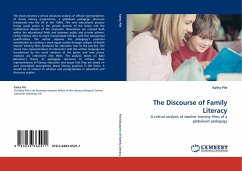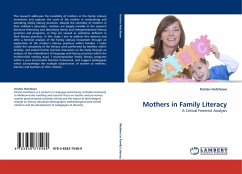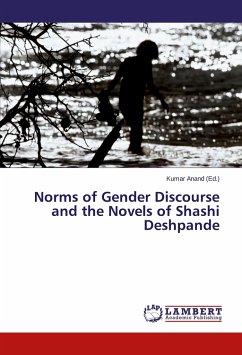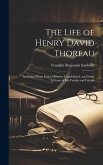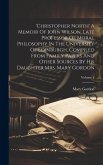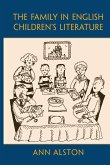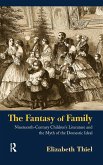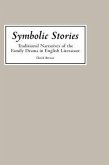This book presents a critical discourse analysis of official representations of family literacy programmes, a globalised pedagogic discourse introduced into the UK in the 1990s. This new educational practice brings social action in the private domain of the home into the institutional domain of the classroom. Boundaries are crossed both within the educational fields and between public and private spheres. Family literacy aims to reach marginalised families with few educational qualifications. The author explores this pedagogy s potential contribution to creating a more equal society through analysis of British teacher training films produced for educators new to the practice. She shows how representations of interaction with the written language are transformed by the social relations of the genre, and how power relations are interwoven into them. The analysis draws on Basil Bernstein s theory of pedagogic discourse to critique these representations of literacy education and argue that they are based on tacit class-based assumptions about literacy practices in the home. It should be of interest to scholars and postgraduates in education and discourse studies
Bitte wählen Sie Ihr Anliegen aus.
Rechnungen
Retourenschein anfordern
Bestellstatus
Storno

